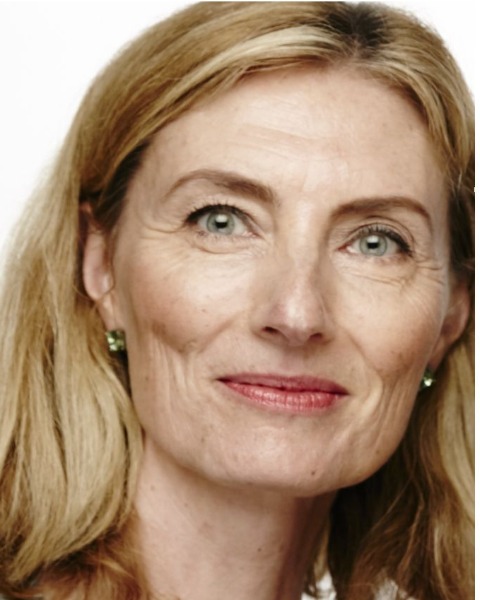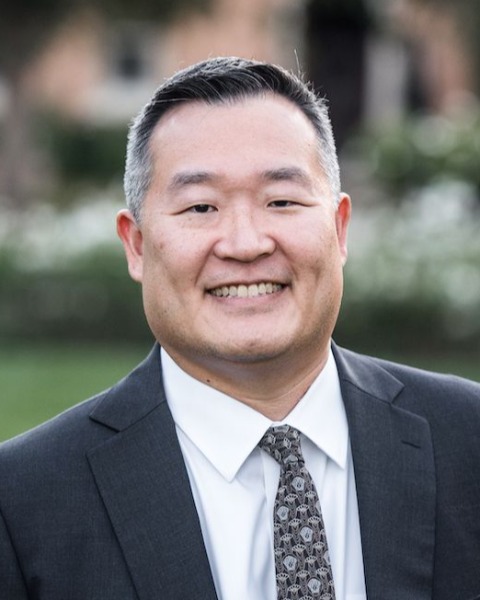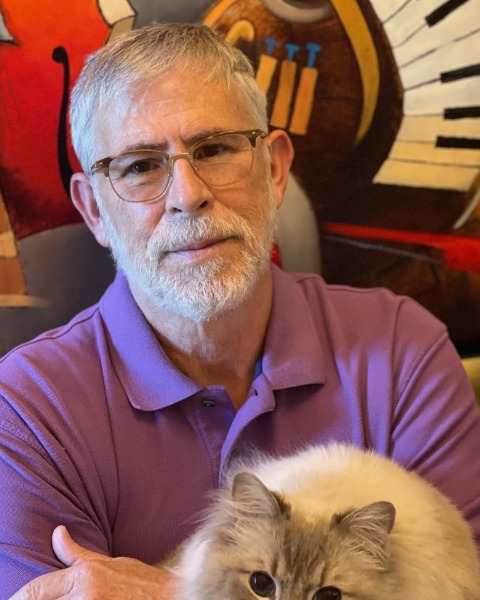Program Area: Interdisciplinary
Empowering Behavior Change to Support Brain Health Among Older Adults
-

Sarah Lock, JD
Senior Vice President Policy & Brain Health
Global Council on Brain Health
AARP
Washington, District of Columbia, United States -

Duke Han, PhD, ABPP-CN
Professor
Family Medicine
University of Southern California
Alhambra, California, United States -

Sarah Lock, JD
Senior Vice President Policy & Brain Health
Global Council on Brain Health
AARP
Washington, District of Columbia, United States -
LM
Laura Mehegan, MA (she/her/hers)
Senior Research Advisor
Policy, Research, and International
AARP
Washington, District of Columbia, United States -

Arnold Beresh, DPM (he/him/his)
Retired
National Council of Dementia Minds
White Lake, Michigan, United States
Chair(s)
Co-Chair(s)
Individual Symposium Abstract First Author(s)
This symposium will provide highlights from the Global Council on Brain Health’s (GCBH) body of work on behavior change. This work is focused on developing a better understanding of (a) how to persuade and motivate people to engage in sustained healthy behaviors, (b) how to change policies within local communities to support individuals’ ability to make healthy choices, and (c) how to optimize conditions for brain health so all can thrive. The GCBH is an independent collaborative of scientists, clinicians, scholars, and policy experts convened by AARP to provide evidence-based advice on what people and professionals can do to maintain and improve brain health. The Council translates scientific research into actionable recommendations aimed at helping to drive behavior change in individuals across communities and cultures. Experts were brought together to build consensus around a range of factors at the individual and societal level that influence individual behavior and decision-making. This presentation will also draw upon lessons learned from the field of health promotion and examples from communication campaigns around heart health will be discussed as they relate to brain health. Nationally representative surveys, fielded by AARP Research including diverse respondents of adults 40+ and health care professionals diagnosing and treating dementia, found that misperceptions and stigma about dementia are commonplace and hinder efforts to address brain-healthy behaviors. Physicians who used to treat dementia patients, now themselves living with dementia, discuss how championing change, providing hope and refuting stigma can even help those living with a dementia diagnosis.
Learning Objectives:
- Increase knowledge and understanding of the relationship between behavioral lifestyle factors and socio-economic conditions that impact brain health.
- Describe a new, comprehensive set of recommendations on individual behavior change as well as social policies and public health aimed at helping adults maintain brain health as they age.
- Discuss the importance of translating scientific research into actionable recommendations to drive brain health behavior change, promote equity and reduce stigma.
Presentations:
-
4:30 PM – 6:00 PM ETHeart-Healthy Lifestyles Reduce the Risk of Cognitive Decline
Individual Symposium Abstract First Author: Sarah L. Lock, JD – AARP
-
4:30 PM – 6:00 PM ETBoth Health Care Professionals and Patients Harbor Misperceptions About Dementia
Individual Symposium Abstract First Author: Laura Mehegan, MA (she/her/hers) – AARP
-
4:30 PM – 6:00 PM ETPhysicians Living with Dementia Champion Change, Provide Hope and Refute Stigma
Individual Symposium Abstract First Author: Arnold S. Beresh, DPM (he/him/his) – National Council of Dementia Minds
